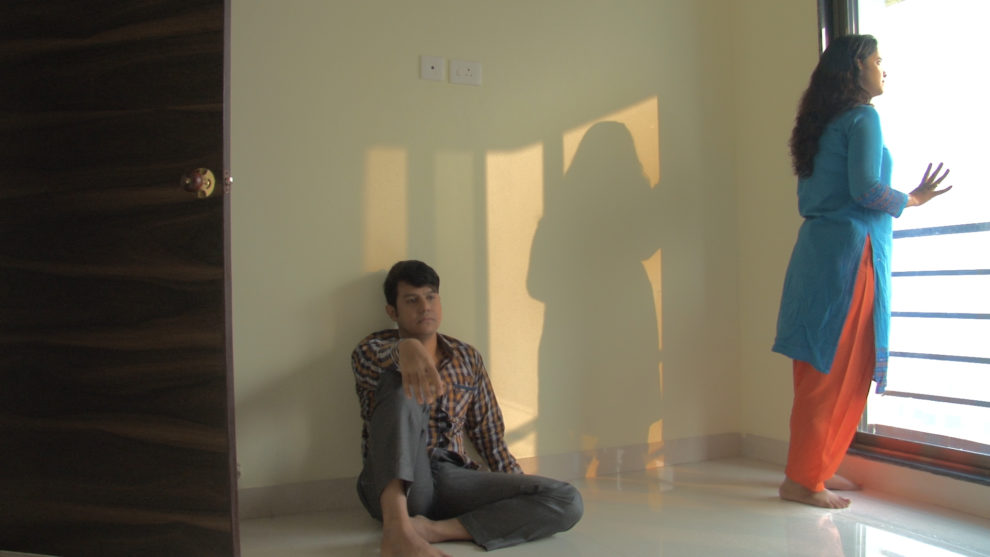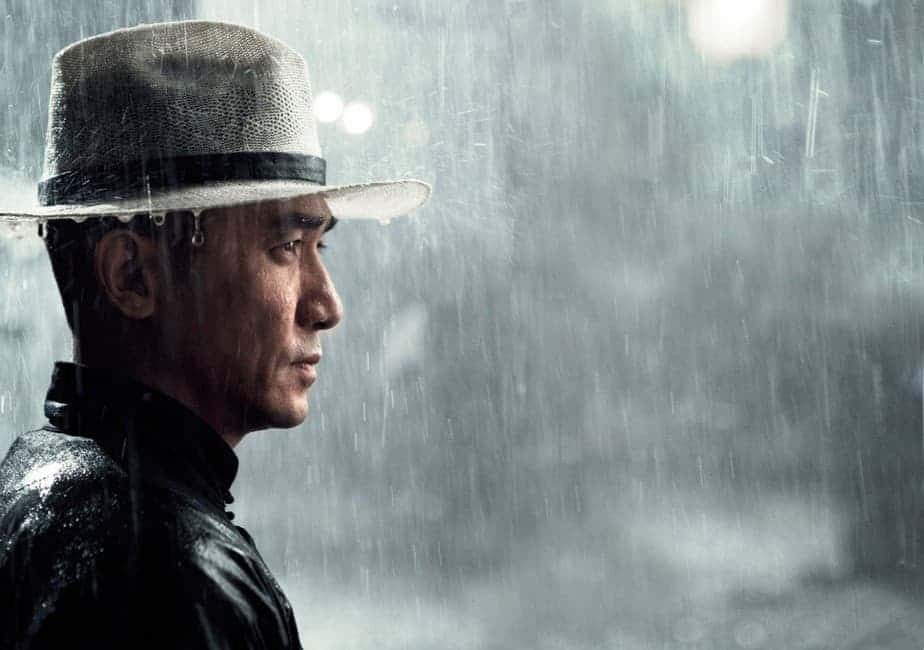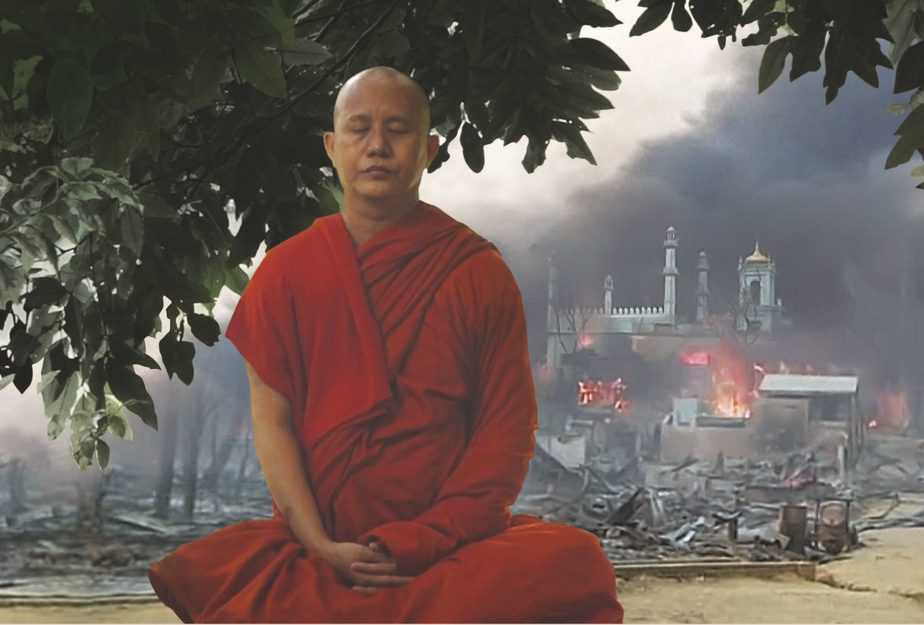About The Maya of Bunnu K Endo:
The Maya of Bunnu K Endo' an exploration of our experience in this Neo-liberal economy, it captures how our lives, drives and desires are determined by forces larger and incomprehensible than us. Using minimalistic storytelling, the film externalises the internal void and alienation that is central to the theme of individualisation in this digital age. The filmmaker Ramchandra PN, tackles this complex theme with an experimental narrative and visual style that is edging on allegory & fantasy. Both Chitrra Jetily and Vinnay Vishwa portray the ever shifting shades of protagonists with ease and deftness.
About Ramachandra PN:
Ramchandra PN is a National Award winning filmmaker and a 1991 graduate from the Film and TV Institute of India, Pune. Over the years, he worked on documentaries, features, short films and TV programs such as Surabhi. His first feature Suddha (The Cleansing Rites) won him the Best Indian Film at the Osian Cinefan Festival of Asian Films, New Delhi 2006 and a Hubart Bals distribution Grant in the same year, following which he showed the film in about 100 villages in South India. His second feature Putaani Party (The Kid Gang) won the Best Children's film at the Indian National Film Awards. 2009.
His third feature film Haal-e-Kangaal (The Bankrupts) is being screened at alternative screening venues in India. He is also involved as an active academic.
From the Filmmaker:
Capitalizing the world's natural resources is the foremost grand narrative that is being played post-Industrial revolution. The world itself I should say is being run by huge international corporate entities whose only tangible facets are the families that control them. The rest of us are conditioned consumers; cogs in the wheels of modern capitalism. Such large monolithic narratives have its own set of casualties – freedom and liberty. To evoke these grand thematic issues within the confines of the four walls of a flat in a city was the challenge before me in this film. The attempt here is to create an allegory – to give a sense of the real through the unreal, to be in one space, time and character and suggest the other. The dialectics of this form could be best suited to portray a world that we think we are in control but actually are not.
My earlier films had a cinematic language that was already tried and tested, so it became that much easier for me to get a system that would open up an audience. The audience too are comfortable with such a language that they are well-versed with. ‘The Maya of Bunnu K Endo' is by far my most radical in terms of the cinematic language used. Getting a sustainable system to reach an audience for the kind of movies one makes has always been a concern for all independent filmmakers who would want to retain their independence, even during the days when the state funded such films.
Director's Statement: https://upperstall.com/features/directors-note-bunnu-k-endo-maye/
Film Available from 26/01/2021 to 26/2/2021 on www.indiacinemahouse.com:
The film will be available on India Cinema House platform for a period of one month. Audience members can register and pay the ticket amount of 150/- that includes access to the film as well as a discussion space where the filmmaker will be responding to comments and questions from viewers over the screening period. The audience members will have access to an array of resources including peer reviews, video essays, LIVE Q & A with the cast and crew of the film where they will be responding to observations and comments by the viewers.
About India Cinema House:
India Cinema House was founded in 2019 by Anantha Perumal, Amrita Sekhar, and Siddharth Shankaran, with an aim to bring the spirit of community film watching into the digital sphere. India Cinema House brings together the scattered experiences of hosting, viewing and engaging with cinema under a single roof and lovers of cinema can pay only for what they watch, without the hassle of long-term commitment or subscription.
Read more about India Cinema House here.
After attending film-school at California Institute of the Arts, Los Angeles, Anantha Perumal started his filmmaking journey in India with the documentary Dhoolpet Ganesha(2018). While exhibiting the film across the country he realised the need for a platform that can collate the experiences of film watching and make it sustainable and accessible for filmmakers, film communities, and the audiences.
Amrita Sekhar was pursuing her research in the field of arts and aesthetics when she came across the idea of India Cinema house. She subsequently discontinued her research programme to focus and develop India Cinema House.
Siddharth Shankaran is an entrepreneur who works in the field of renewable energy. His interest in sustainable and socially conscious ventures led him to join his friends in the journey of India Cinema House.














